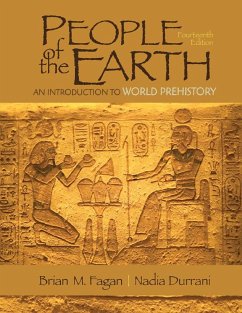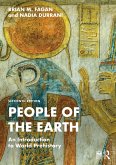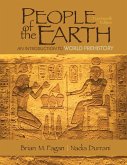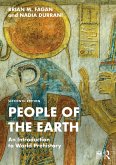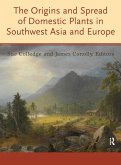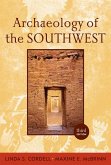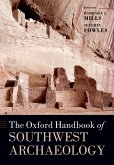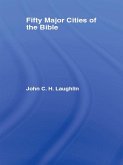Understand major developments of human prehistory People of the Earth: An Introduction to World Prehistory 14/e, provides an exciting journey though the 7-million-year-old panorama of humankind's past. This internationally renowned text provides the only truly global account of human prehistory from the earliest times through the earliest civilizations. Written in an accessible way for beginning students, People of the Earth shows how today's diverse humanity developed biologically and culturally over millions of years against a background of constant climatic change.
Dieser Download kann aus rechtlichen Gründen nur mit Rechnungsadresse in A, B, BG, CY, CZ, D, DK, EW, E, FIN, F, GR, HR, H, IRL, I, LT, L, LR, M, NL, PL, P, R, S, SLO, SK ausgeliefert werden.

